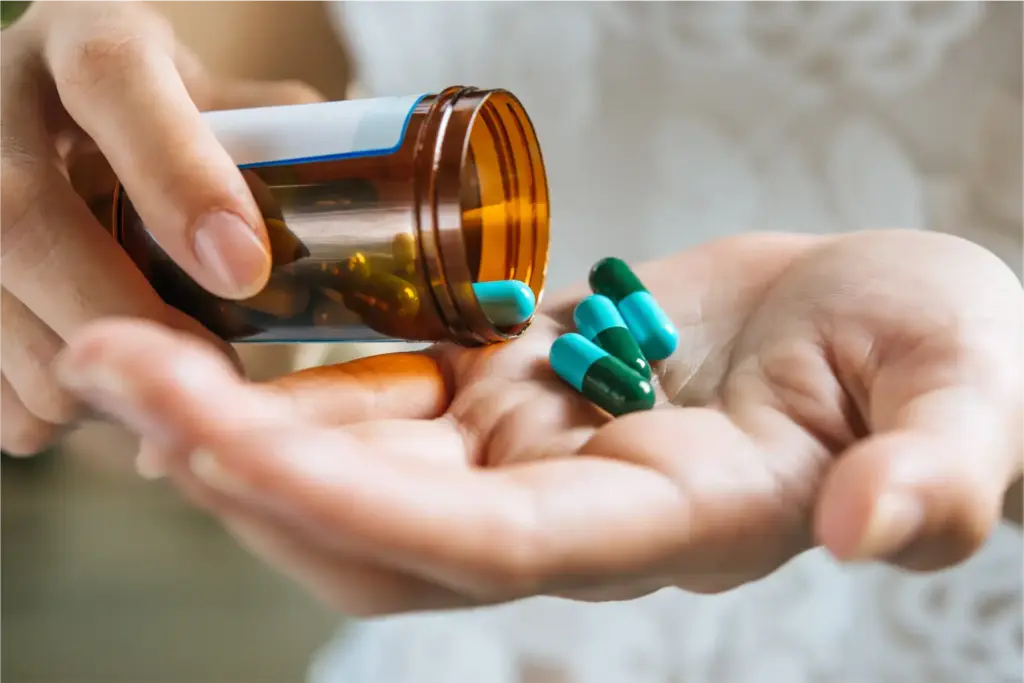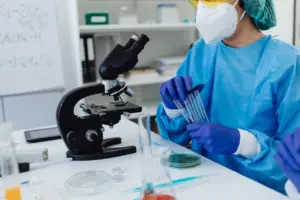
US Trump tariffs: US President Donald Trump has announced a 100% import tariff on branded and patented pharmaceutical products effective October 1, 2025. The duty will not apply to companies that are actively building drug-manufacturing plants in the United States, which the White House defines as facilities that have “broken ground” or are “under construction.”
The move is part of a broader tariff push that also includes a 50% duty on kitchen cabinets and bathroom vanities, 30% on upholstered furniture, and 25% on heavy-duty trucks, with the administration citing national security and domestic manufacturing goals.
Also Read | Donald Trump orders 30-day deadline for drug price cuts in US
India, a major supplier of medicines to the US, is watching closely. The Indian Pharmaceutical Alliance (IPA) said the measure targets patented and branded drugs and does not apply to generics. IPA secretary general Sudarshan Jain noted that Trump’s statement specifically refers to branded and patented products supplied to the US. Pharmexcil chair Namit Joshi said the immediate impact on Indian exports is likely limited because most shipments are simple generics and many large Indian firms already operate manufacturing or repackaging units in the US. Even so, companies are preparing for potential policy shifts and clarifications, particularly around complex generics and specialty medicines.
The US is India’s largest pharma market. Industry data show Indian exports to the US were about $8.7 billion in FY24, with another $3.7 billion shipped in the first half of 2025. Indian drugmakers, among them Dr Reddy’s, Sun Pharma, Lupin, Aurobindo, Zydus and Gland, derive a significant share of revenue from the American generics market, The NDTV reported. Indian manufacturers supply a substantial portion of US prescriptions and have been credited with large savings for the American healthcare system.
For Indian drugmakers, the near-term focus is on scope and enforcement. While generics appear outside the current tariff line, the sector remains alert to any expansion that could touch complex generics or biosimilars. Executives and trade bodies say the situation may accelerate plans for US on-shoring, while India looks to strengthen its cost edge in bulk drugs and active pharmaceutical ingredients, and invest in higher-value segments such as complex generics, peptides, biosimilars and CAR-T therapies.








